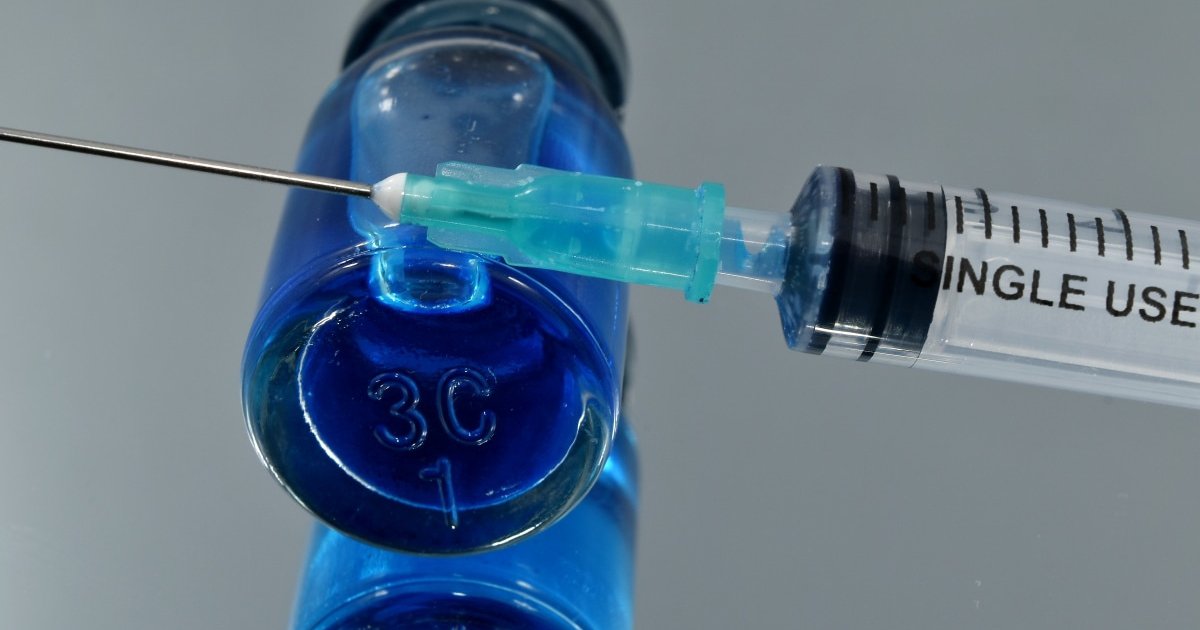
Back in April, I volunteered to take part in the COVID-19 vaccine trial at Oxford University. At the time, the UK had just gone into lockdown and taking part in the trial felt like something positive that I could actually do in the face of a global pandemic. The research was being conducted in a public university and so I also felt that I was contributing to the discovery of a vaccine that might one day be a global public good.
I was in an initial group of 1,112 volunteers. The University randomly divided our group into two, so that half were given the actual Covid-19 vaccine that is being tested, while the other half received a placebo. None of us knew whether we received the vaccine or placebo. There is a particular group of ten volunteers who received two doses of the COVID-19 vaccine, and they know it.
The trial will test whether Oxford University’s vaccine can protect healthy people from the COVID-19 virus. It will also give the researchers valuable information on the safety aspects of the vaccine and its ability to generate good immune responses against the virus. After the initial inoculation, I have to go in for regular blood tests and to also provide any information on any symptoms that I develop. I will continue to be monitored until October when the researchers hope to be able to draw some conclusions from the trial.
Last month, I read an article by the campaigning group Global Justice Now, explaining that the University had signed a deal with the pharmaceutical company AstraZeneca to manufacture and distribute the vaccine. I was really concerned about what had been agreed in this deal. In particular I was worried that this publicly-funded vaccine could become privatised and controlled by one pharmaceutical company. I became aware of how monopoly protections granted to pharmaceutical corporations can lead to price gouging and profiteering and how these protections ultimately deny people access to essential treatments around the world. And as a trial volunteer, this is not the outcome that I am giving my time and my health for.
So I decided to write a letter to AstraZeneca and Oxford University which I am opening up to the public to sign with me. My letter calls for the details of this deal to be made public. No one knows what monopoly protections have been negotiated between Oxford University and AstraZeneca. We also don’t know what prices will be charged both during the pandemic and after the pandemic for this publicly-funded vaccine. Though the company has said they will not profit during the pandemic, this can only be verified if the company is willing to make public its costs and prices. This claim also leaves the door open to profiteering after the pandemic, especially if the virus becomes endemic or repeated doses are required.
But transparency is not enough. I am also calling for this publicly-funded vaccine to be free of any exclusive control by a single pharmaceutical company – so that any manufacturer or any country can make this vaccine, if it turns out to be successful. And I am asking for the vaccine, as well as the research and know-how behind it, to be openly shared with the world through the World Health Organization.
I joined this research trial out of solidarity and a belief in the common good and I genuinely believe that collaboration and knowledge sharing are the only way we can end this global pandemic. If this crisis has taught us anything, it’s that we all need to value public healthcare much more, and this should extend into medical research. Pharmaceutical corporations are currently not fit for purpose – let’s use this pandemic to create a better model that puts public health needs first and foremost. I hope that both Oxford University and AstraZeneca can see that this publicly-funded vaccine needs to be a global public good and not a privatised commodity in order to give the world its best chance of defeating the pandemic.